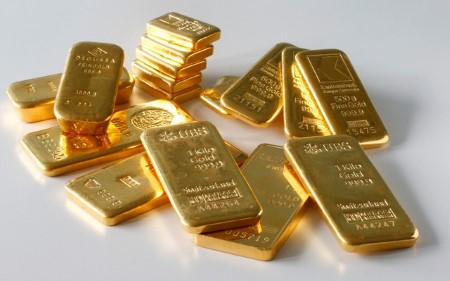

INSIGHTS 

INVESTMENT STRATEGY
THE BASICS
DOWNLOADS 

 DOWNLOAD
DOWNLOAD

 DOWNLOAD
DOWNLOAD

 DOWNLOAD
View all Reports
DOWNLOAD
View all Reports


Economic Updates
January Economic Update: Growth slows, prices rise
 DOWNLOAD
DOWNLOAD

Inflation Update: Up, up, and away?
 DOWNLOAD
DOWNLOAD

Economic Updates
Quarterly Economic Growth Release: Growth takes on a slower pace
 DOWNLOAD
DOWNLOAD
Follow us on our platforms.


Markets
2 MIN READ
China stimulus, US rate cut bets lift gold, silver soars above $30 mark

This article originally appeared on reuters.com





 By Reuters
By Reuters